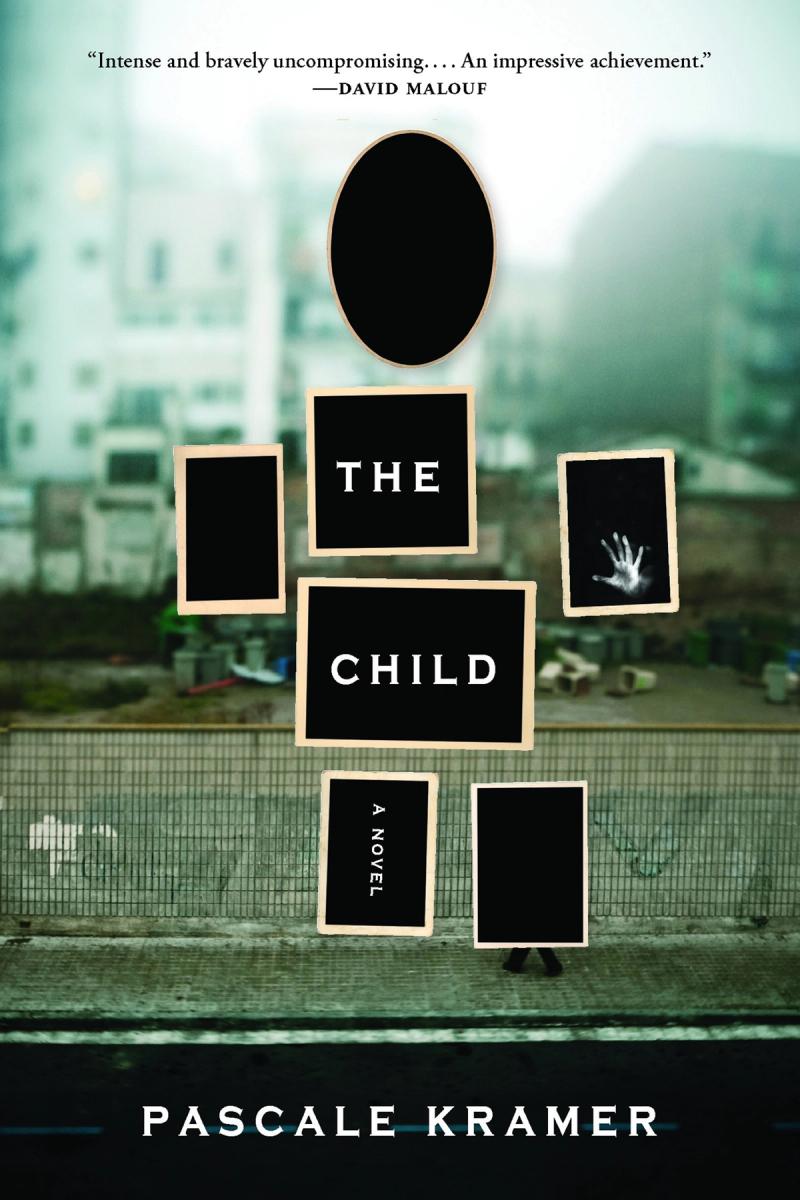Intense and bravely uncompromising. An adult study of pain, thwarted affection, and guarded privacies in a world at the edge of violent public breakdown. An impressive achievement.
— David Malouf, author of Ransom: A Novel and The Happy Life: The Search for Contentment in the Modern World
The Child
Simone and Claude live in a house with a lush garden, surrounded by a hedge that barely protects them from the growing violence and unrest in their low-income neighborhood. Simone mourns the loss of youth and possibility as Claude, a gym teacher who has been diagnosed with cancer, edges toward death. This is an unflinching portrait of a couple ravaged by illness and locked into mutual isolation—that is, until the arrival of a young boy brings hope and upsets their delicate danse macabre to devastating effect.
Pascale Kramer dissects romantic love’s psychic carnage while unsentimentally revealing the unique beauty born of an adult’s love for a child. As does Marguerite Duras, she wields spare language like a club and plumbs emotional depths rarely reached outside of poetry. A brilliant collision of hope and despair, The Child is a tour de force.
Pascale Kramer’s novel The Child is translated from the French by Tamsin Black, who has worked as a literary and commercial translator for over a decade. Her book-length translations include memoirs, travel guides, and fiction, including two novels by Pascale Kramer: The Child and The Living. She lives in Bedfordshire, United Kingdom.

Ebook
- ISBN
- 9781934137581
Paperback
- ISBN
- 9781934137550
Related:
Congratulations to Pascale Kramer, author of The Child and Autopsy of a Father, who received the Swiss Grand Prize for Literature, awarded for her entire body of work by the Swiss Federal Office of Culture.
Pascale Kramer, recipient of the 2017 Swiss Grand Prize for Literature, is the author of fourteen books, including three novels published in English: The Living, The Child, and Autopsy of a Father. Born in Geneva, she has worked in Los Angeles, and now lives in Paris, where she directs a documentary film festival about children’s rights.
visit author page »Praise for The Child
Kramer is too accomplished a novelist to spoon-feed the reader adult-sized fairytales . . . life itself is comprised of death, of disease, of a boy’s rotten teeth and a lover’s disintegrating body. As a boy grows old and corrupt so does a beloved city and civilization. Life itself has its limits, and so does love.
A singularly moving and disturbing novel about the ambiguity of feelings.
— Le Monde (France)
You need to read Pascale Kramer’s books because they take you on a journey. You board a small ship that enters the human body, and what you felt while reading follows you for days after you’ve closed the book.
— Elle (France)
A knock-out.
— Madame Figaro (France)
A flawless black diamond . . . luminous.
— L’Hebdo (Switzerland)
A novel with the strength of a stifled cry.
— Le temps (Switzerland)
Implacable precision, with a stylistic density that brings out the most moving elements of humanity.
— La vie (France)
This book is a jewel of reserve, delicacy, precision and, in the end, of love.
— L’express (Switzerland)

